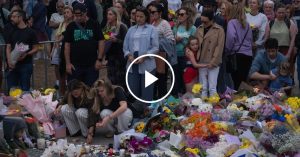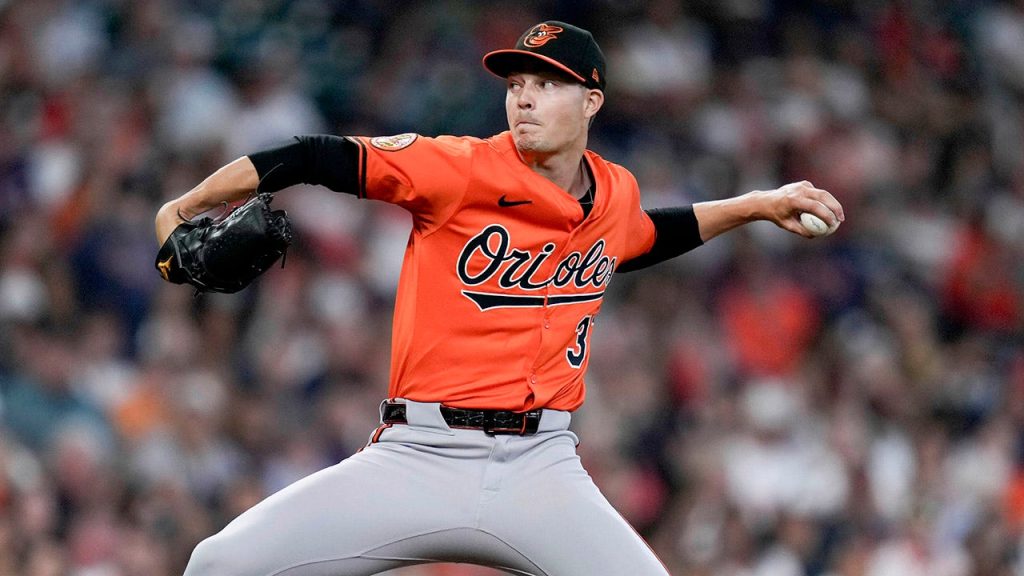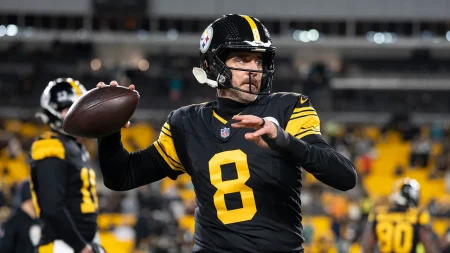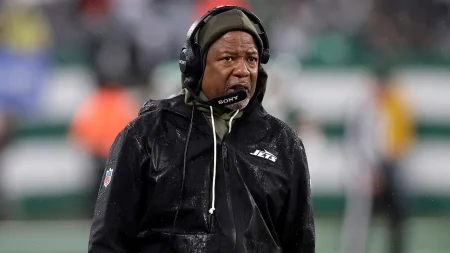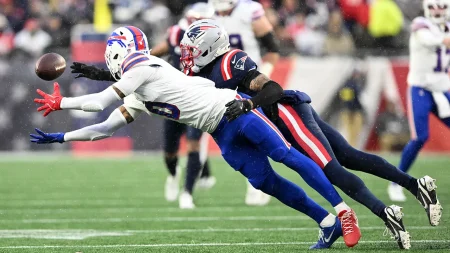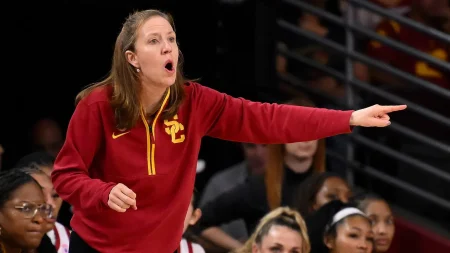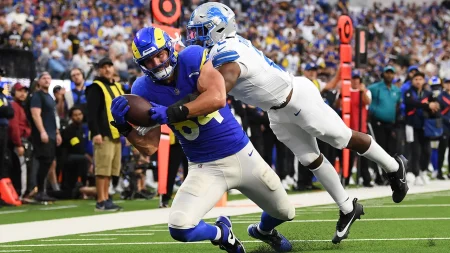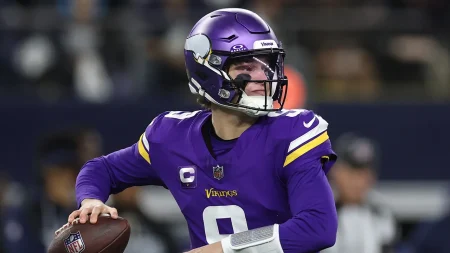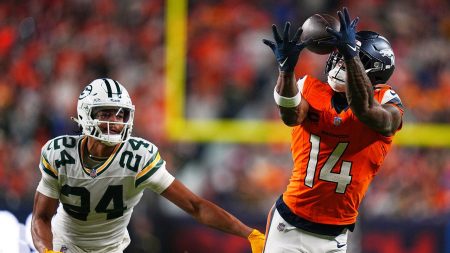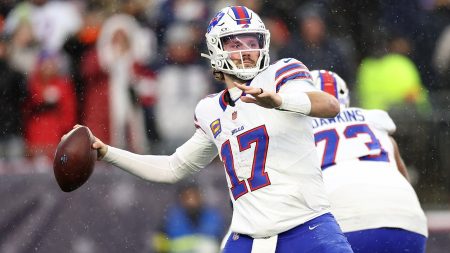The Dark Side of Fandom: MLB Players Face Alarming Threats in the Digital Age
The Rising Tide of Player Harassment
Major League Baseball is confronting a disturbing trend as players increasingly become targets of horrific online threats extending beyond criticism of their athletic performance to menacing their families. In a particularly troubling recent incident, Baltimore Orioles pitcher Cade Povich publicly shared a screenshot of a threatening message directed at his wife from an angry fan following a disappointing outing against the Houston Astros. The message contained explicit threats of sexual violence, crossing far beyond the boundaries of acceptable fan disappointment. Povich’s response was measured but firm, acknowledging that while criticism of his performance was understandable, threatening his wife created genuine safety concerns for his family. “Me, or especially my wife, should not have to worry about our safety in the public, nonetheless church, because of how I perform on the mound,” Povich wrote, highlighting the real-world anxiety these digital threats create for players and their families who must navigate public spaces.
Not an Isolated Incident
Povich’s experience unfortunately reflects a growing pattern rather than an anomaly in professional baseball. Just days earlier, Seattle Mariners pitcher Tayler Saucedo faced similar harassment after a difficult appearance against the Philadelphia Phillies. The message Saucedo received contained explicit death threats against both him and his girlfriend, demonstrating the escalating nature of these online attacks. “I understand wanting me gone after today and this year as a whole. Nobody is more disappointed with how this year has gone for me than myself,” Saucedo responded on social media, making the crucial distinction between legitimate criticism and dangerous threats. His appeal for fans to “get a grip” underscores how these interactions have moved beyond the traditional boundaries of the athlete-fan relationship into something much more sinister. The fact that both incidents occurred within the same week points to a systemic issue rather than isolated cases of individual misconduct.
The Betting Connection
The rise in aggressive fan behavior appears to correlate with the expansion of online sports betting, which has transformed the relationship between fans and the game. Boston Red Sox pitcher Lucas Giolito highlighted this concern when he reportedly confronted MLB Commissioner Rob Manfred about online bullying. Giolito’s pointed question—”Is it going to take a player getting assaulted in front of their apartment building by some disgruntled guy that lost a bet for real action to be taken?”—reveals the anxiety permeating the player community. The financial stake that betting introduces creates a fundamentally different dynamic than traditional fandom; when money is lost, some individuals seem to feel entitled to direct their anger personally at players they hold responsible. This connection between gambling and harassment represents a troubling evolution in sports culture that MLB and other professional leagues must address as legal sports betting continues to expand across the United States.
The Human Cost Behind the Uniform
What’s often overlooked in these incidents is the profound human impact on the players and their loved ones. Professional athletes, despite their public profiles and substantial salaries, are not exempt from the psychological toll that threats impose. For family members who never chose a public life, the intrusion feels particularly violating. When Povich mentions concerns about safety at church or in public spaces, it reveals how these threats transform everyday activities into potential sources of anxiety. The athletes themselves face a double burden—processing their own performance disappointments while simultaneously worrying about the safety of those they love. This reality contradicts the joy and connection that sports are meant to foster between players and fans. The mental health implications for athletes navigating this hostile landscape while attempting to perform at elite levels presents an additional challenge that remains largely unaddressed in public conversations about player welfare.
Social Media’s Amplifying Effect
The direct access that social media platforms provide between fans and players has dramatically altered the athlete experience. While these platforms offer opportunities for positive engagement, they also create unmediated channels for harassment that previous generations of athletes never faced. The immediacy and anonymity of digital communication embolden some individuals to express thoughts they would likely never voice in a face-to-face interaction. Players find themselves in an impossible position—engaging with social media has become practically essential for career development and fan connection, yet doing so exposes them to potential abuse. Many athletes employ social media managers or limit their engagement, but family members often remain vulnerable access points. The platforms themselves have struggled to effectively moderate threatening content, particularly private messages, leaving athletes and their families to navigate these waters largely on their own, taking screenshots and publicly exposing threats as their primary recourse.
The Path Forward
MLB and other professional sports leagues face critical questions about their responsibility to protect players in this evolving digital landscape. While the league cannot control individual fan behavior, it can certainly take more proactive measures to address the issue. These might include coordinated reporting systems for threats, dedicated security resources for targeted players, consequences for identified perpetrators (such as banning them from stadiums), and public education campaigns about appropriate fan conduct. The sports betting industry, too, bears responsibility for promoting responsible gambling and explicitly discouraging harassment. Players’ unions have begun advocating more vocally for member protection, but a comprehensive approach will require collaboration between leagues, teams, law enforcement, social media companies, and gambling operators. The players themselves, by speaking out as Povich, Saucedo, and Giolito have done, are taking the crucial first step in changing a culture that has too often normalized harassment as an acceptable part of professional sports. Until meaningful action is taken, baseball’s finest talents will continue playing two games—one on the field and another protecting themselves and their loved ones from the darker elements of modern fandom.


